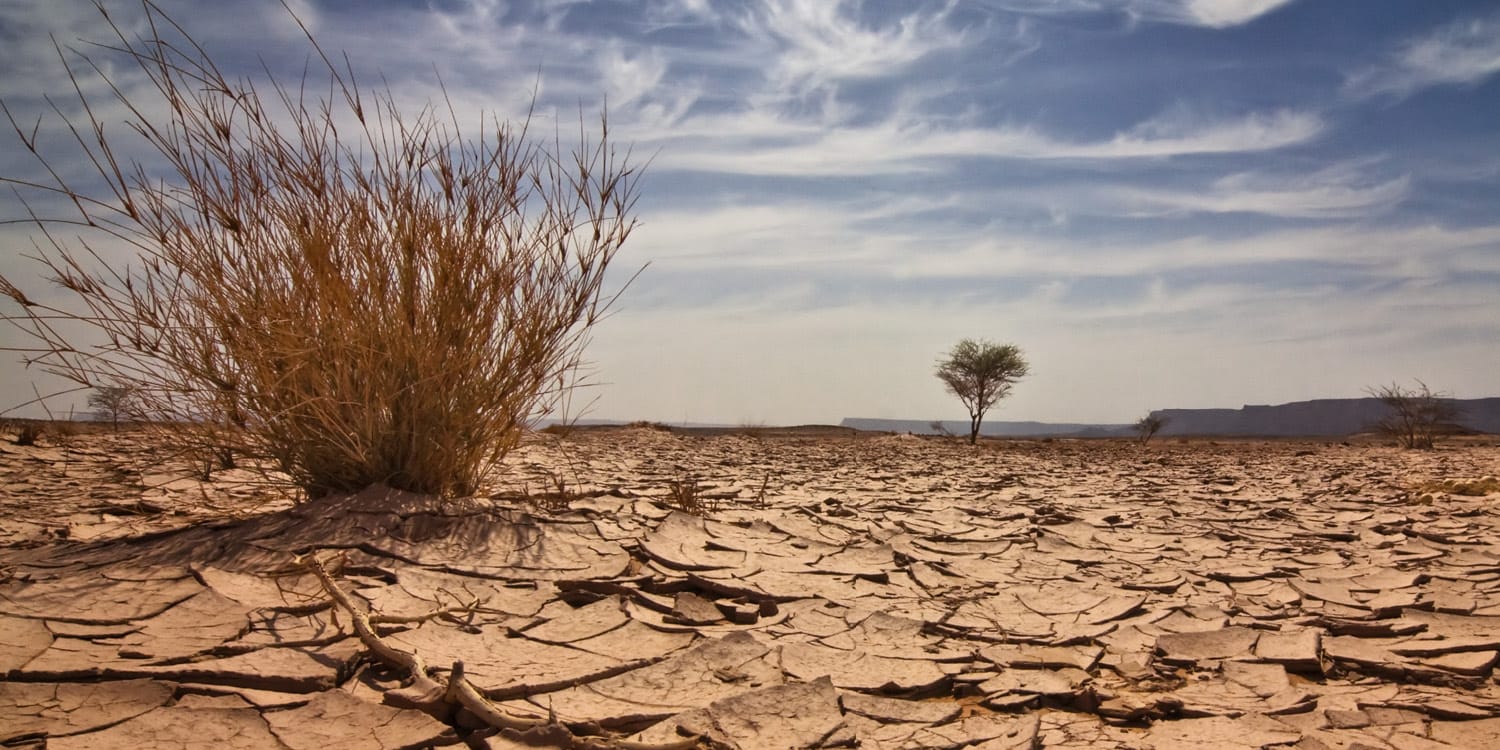
By Peter Makwanya
ZIMBABWE, like any other developing country that relies mainly on external funding for its resilience building efforts, is weighed down heavily by the baggage of unfinished climate action and restructuring efforts.
As climate change adaptations require multi-sectoral approaches, the country is falling behind in tackling the historical burdens of negative impacts of climate change.
History has delivered brutal blows such as climate-induced tolls that have destroyed infrastructure, institutions and environmental landscapes. Although multi-sectoral approaches are the tonic that resilience-building and mitigations require, all these initiatives lack the systematic co-ordination they require.
Government is leading the pack with its co-ordinated efforts that witnessed it coming up with the national climate change response strategy in 2016, national climate policy in November 2017, the national adaptation plan (NAP) roadmap for Zimbabwe, April 2019, and the nationally-determined contributions in 2020.
On top of these guiding documents, Zimbabwe came up with the communication strategy for the national adaptation planning process, the national climate change learning strategy, the climate change mainstreaming module for development planning and the green climate fund country programme, 2020-24.
All these documents strategically situate the country on a firm basis for mitigation. However, these are just but learning and reading materials, which need to be complemented by spirited efforts in implementation.
Besides government efforts, Zimbabwe also has numerous implementing partners in the form of international donor organisations UNDP, Unicef, FAO, African Development Bank, UNEP, Unesco, UNECA, local and international NGOs, the private sector and civil society organisations, among others, to move the climate discourse forward.
- Chamisa under fire over US$120K donation
- Mavhunga puts DeMbare into Chibuku quarterfinals
- Pension funds bet on Cabora Bassa oilfields
- Councils defy govt fire tender directive
Keep Reading
These are complemented by international financiers like the Green Climate Fund (GCF) and the Global Environmental Facility (GEF), among others. Both government and development partners are over-stretched, that is why it is significant to manage the climate confusion.
The El-Nino impacts of 2015/16 season contributed to poor harvests, massive livestock deaths, reduced dam levels due to limited inflows, compromising all livelihood options.
The La-Nina effect which occurs, every two to five years, continues to have negative influence.
La-Nina is the opposite of El-Nino because La-Nina brings about heavy and destructive rains not suitable for favourable harvests. The effects of the two weather phenomena have left Zimbabwe unable to successfully recover and restructure, hence the continued burden on adaptation and mitigation issues.
As if El-Nino and La-Nina were not enough, in 2019 Cyclone Idai struck and contributed to major flooding, vicious storms, massive infrastructural destruction and human casualties.
As stakeholders were busy renewing recovery efforts and projections, towards the end of 2019 the COVID-19 pandemic emerged with a ruthless attack and impacted heavily, forcing the whole world to retreat indoors, thereby stalling all climate action plans, and desired solutions.
Climate change adaptation and mitigation efforts are supposed to be continuous but all countries had to conform to the pandemic’s induced restrictions.
To make matters worse, when donors release funding for adaptation and mitigation efforts, they want to see results and evidence of recovery efforts but due to suffocating restrictions, all adaptation work stopped and was overtaken by events, save for only over-valued virtual engagements, which didn’t bring any tangible results.
Revisiting climate recovery backlogs that the country inherits from each passing year, there are the same and they include food insecurity resulting from prolonged poor harvests, poor energy and power delivery systems, water scarcity and poor health and wellness resulting from water and sanitation problems.
Money that was budgeted for other climate-proofing and livelihood options is now being channelled towards the repair of damaged infrastructure, buying new equipment and funding expertise involved.
Any country that was severely affected will need to revisit its plans and targets, going back to as far as five to 10-year backlogs.
This also means that every country with too much climate recovery and resilience-building requirements on its hands wished the lockdown continued because it did not want to confront these challenges head-on.
Many thanks should be extended to the country’s faith-based organisations ecumenical services and the World Food Programme, which have been quietly and continuously engaging in relief and resilience-building efforts to diffuse the complex situation.
As countries experience the climate change impacts, lack of sanity in managing the environment, and activities such as unregulated deforestation, illegal mining by both locals and foreigners, ongoing land degradation and disturbances of wildlife in game parks increase the climate burden on the country.
There is need to arrest run-away emissions the country is experiencing from burning coal in electricity generation efforts.
Although electricity is the cornerstone of a country’s energy self-sufficiency systems, its erratic supply and shortages, will lead to communities, both urban and rural, invading forests for firewood, cutting down trees for charcoal production and indiscriminate harvesting of forest resources. The other critical thing is for people to change their mindsets.
They should understand that they are not into climate change to make money but for the love of the environment, the future of their children and doing national service.
Continuing to engage in climate injustices will forever increase the climate burden on countries.











